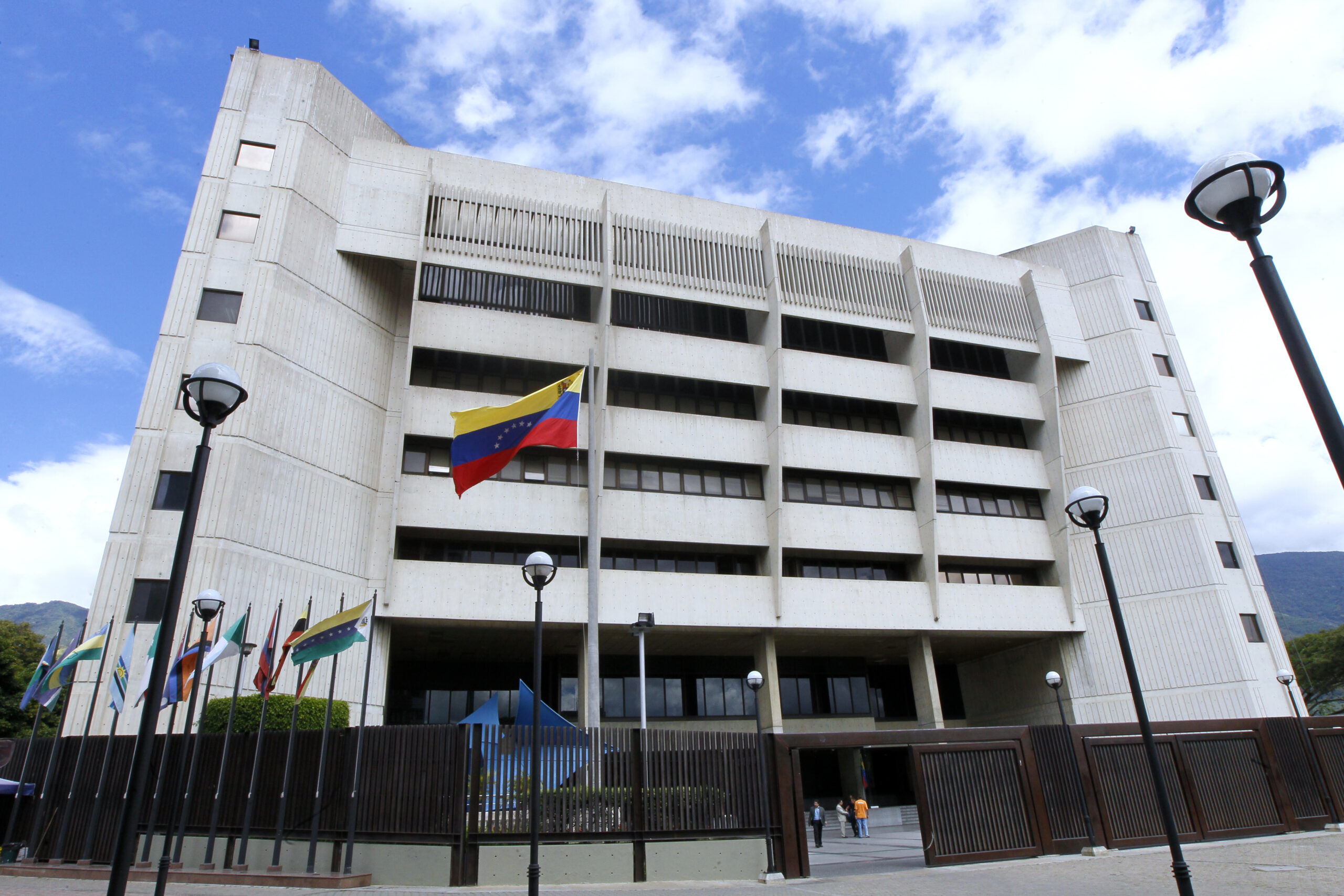The sanction of disablement for the exercise of public office imposed by the comptrollership General of the Republic (CGR) is not a political sanction and the Constitutional Chamber of the Court Supreme Court in judgment No. 1266.
The aforementioned sentence was published on August 6, 2008 in response to a request made for the magistrates to annul article 105 of the Organic Law of the CGR and Fiscal Control System. On the contrary, the Chamber declared that this article does not conflict with the Constitution.
That appeal for annulment was signed by Leopoldo López, Antonieta Mendoza de López, Rosalba Gil Pacheco and Gladys Requena, among others. The challengers alleged that this rule violated political rights such as the right to be elected by popular vote for office.
In this regard, the Chamber responded that the sanctioning power of the Comptroller General of the Republic refers to the administrative sphere.
“In other words, it is not a political sanction as occurs in other Latin American constitutional systems, by virtue of the fact that the disqualification sanction is limited to the administrative function given the legal nature of the Office of the Comptroller General of the Republic and its constitutional functions, which aim at the control, supervision and control of public management”, the magistrates completed.
The Chamber explains in the judgment that article 105 of the Organic Law of the Comptroller General of the Republic stipulates that the declaration of administrative responsibility will be sanctioned with a fine according to the seriousness of the offense and the amount of damages caused.
That same article 105 also establishes that the Comptroller will impose the sanction of suspension without pay for a period not exceeding twenty-four (24) months or the dismissal of the person declared responsible in attention to the entity of the illegal act committed; and the disqualification for the exercise of public functions for up to a maximum of fifteen years, depending on the seriousness of the irregularity.
The tradition
The Constitutional Chamber recalled that the norm that empowers the Comptroller to impose disqualifications, “is part of the republican tradition of the country.”
The magistrates carried out a historical study of the norm whose challenge they requested and verified that it is repeated with a similar original content since the 1970s. That is, the possibility that the declaration of administrative responsibility entailed multiple sanctions, such as a fine, dismissal and/or suspension, and disqualification from the exercise of public functions.
In this sense, the magistrates indicated that the first Organic Law of the Comptroller General of the Republic of 1975, stipulated in its article 84 that “the declaration of administrative responsibility by virtue of which a sanction of dismissal is applied, may also lead to disqualification from the exercise of public function for a period of no more than three years.”
That cited law was subject to reform in 1984. Among the modified articles was 84 that retains disqualification for up to three years.
And in the Organic Law of the Comptroller General of the Republic of 1995, the figure of disqualification is maintained.
As of the entry into force of the Constitution, the Comptroller General ceases to be a public body of the Administration with functional autonomy, as were the Judicial Council and the Supreme Electoral Council, the magistrates refer.
The National Constitution of 1961 established in its article 236, that “The Comptroller General of the Republic is an auxiliary body of Congress in its function of control over the Public Treasury and will enjoy functional autonomy in the exercise of its powers.”
But the 1999 Constitution changes the location of the Comptroller’s Office, grouping it into the new Citizen Power, also made up of the Attorney General’s Office and the Ombudsman’s Office. The existence of this new branch of the Public Power has, among other powers, the prevention, investigation and punishment of acts that violate public ethics and administrative morality, and to ensure good management and legality in the use of public assets, the magistrates point out.
The Magna Carta approved in 1999 confers constitutional rank on a single National Fiscal Control System at whose apex is the CGR, says the sentence.
In Latin America it is possible to demonstrate in some political constitutions, the modalities of disqualification for the exercise of the Public Function, indicates the sentence.
Thus, the cases of Argentina, Chile, Colombia, Mexico and Peru serve to illustrate the comparative examination. In them it can be seen that the activity of fiscal control and the possible suspension and disqualification of public officials is entrusted to differentiated bodies, because the controlling body is only of an auxiliary nature to the Legislative Power; and furthermore, in all these countries it is possible to demonstrate the political, administrative or criminal nature of said controls”, they clarified.
In the Venezuelan case, such powers are concurrently and simultaneously conferred on the Comptroller General of the Republic, the TSJ refers to.
Due process.
The Constitutional Chamber considers that article 105 of the Organic Law of the CGR does not transgress the constitutional right to due process, which must necessarily be complied with to establish administrative responsibility. The sanctions that correspond to the declaration of administrative responsibility do not merit a new procedure “because these are consequences of the act that declares the responsibility”, say the magistrates. They also denied that the norm violates the presumption of innocence enshrined in the Constitution because “the declaration of administrative responsibility is the final act that is issued based on the body of evidence.”















